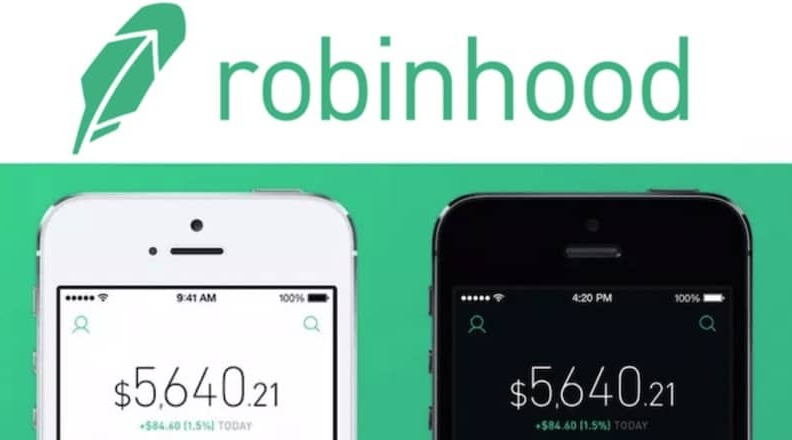Robinhood (Nasdaq: HOOD) announced a 43 percent decline in its total net revenue for the first quarter of 2022 as retail trading demand dropped drastically. The quarterly revenue figure came in at $299 million compared to $522 million generated in Q1 of the previous year.
The American broker disrupted the retail brokerage industry by introducing commission-free services. However, its transaction-based revenues decreased by 48 percent between January and March to $218 million.
Though options trading brought in most of the revenue with $127 million, its demand dropped by 36 percent. Additionally, cryptocurrency trading went down by 39 percent to $54 million, whereas equities trading witnessed a drastic fall to $36 million, which is a yearly decline of 73 percent.
The broker closed the quarter with a net loss of $392 million or $0.45 per diluted share. On a positive note, it narrowed its losses significantly: it reported a loss of $1.4 billion in the first quarter of 2021, while the figure was at $423 million in Q4.
However, the adjusted EBITDA for the last quarter came in at a negative $143 million, compared with the positive $115 million in Q1 of 2021.
Poor Client Metrics
Moreover, Robinhood witnessed a massive decline across the crucial client metrics. The number of monthly active users on the platform declined by 10 percent to 15.9 million at the end of March when compared to a year before. In addition, the figure declined by 8 percent from the end of December 2021. The broker highlighted the vanishing market volatility and the disappearance of clients with small deposits as reasons behind this decline.
Further, the average revenue per user decreased by 62 percent to $53.
However, the number of net cumulative funded accounts and assets under custody increased by 27 percent and 15 percent, respectively. In absolute terms, these figures came in at 22.8 million and $93.1 billion, respectively.
“We're seeing our customers affected by the macroeconomic environment, which is reflected in our results this quarter,” Robinhood’s Chief Financial Officer, Jason Warnick said. “At the same time, we've also made progress on our long-term plans and continue to pursue them aggressively.”
The broker published the quarterly financials only days after it announced the layoff of 9 percent of its staff. Furthermore, the company’s shares are trading near an all-time low value since its initial public offering (IPO) last year.
Meanwhile, Robinhood continued to expand its international footprint and recently acquired the UK-licensed crypto company, Ziglu.

















